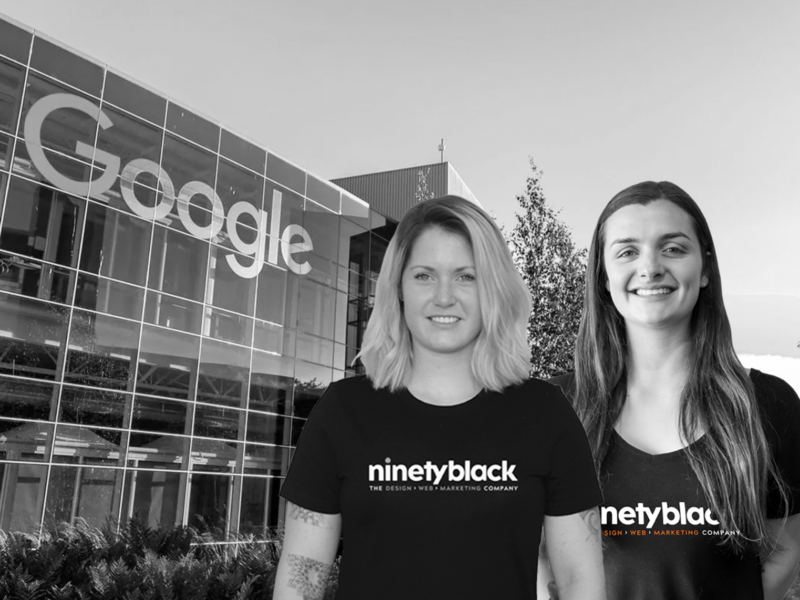On-page SEO vs Readability
February 21, 2013

Reading Time: 2 minutes
Whether you sell electronics, want to establish an online presence for your restaurant or promote the latest app – any company website faces the same challenge: do you write compelling copy in keeping with your tone or do you succumb to the technicalities of on-page SEO?
Some of the most important rules for website text are:
- Use keyword-rich titles.
- Place relevant keywords at the beginning of your text.
- Repeat keywords throughout your text.
Too many of this sounds like the following:
- Boring titles.
- Awkward sentence structure that doesn’t get your tone across.
- Text full of repetition/keyword stuffing.
The good news is that, by following some simple tricks or using an SEO expert such as ninetyblack, you can eat your cake and have it too, making both search engines and readers happy. Your website certainly doesn’t have to be one of those pages where even people who don’t know anything about keywords can tell that you’re pushing a certain term.
As a bunch of creative web people we were thrilled to find that SEO doesn’t have to take away your creative license. All you have to do is stick to a certain SEO skeleton of keywords – you have free reign with the rest. With a bit of practice and experience you can tailor entirely different versions of text, using the same keywords in the same places within your sentences. Formal, informative or cheeky – if you do it right your SEO skeleton can come to life and speak to your customers in a myriad of tones.
Let’s use 2 boat sellers as an example: They both use the keywords ‘new boats’ and ‘Kiwi boat’ at the same position within the sentence, but sound quite different.
- Thousands of New Boats Sold – 10.000+ Kiwi Boat Owners Can’t Be Wrong
- We Have New Boats for Sale: Kiwi Boat and Yacht Builders Christchurch
So how do you achieve keyword-rich titles which aren’t boring? How do you deal with keyword placement? How do you encorporate keywords without sounding repetitive?
- Focus your keyword energies on your H1 header, but be creative with subheads, using more descriptive wording and setting them apart through colour.
- While it’s important to include your keywords at the beginning of your copy, don’t sacrifice the English language in order to place certain terms in the ‘right’ spots. You’re still writing for your customers first and foremost. But if no-one reads your page and follows your calls-to-action because of an awkward sentence structure the visitors aren’t worth much. If in doubt, use the keyword a little later, try a close variation or consult an experienced writer who might well be able to tweak things for you.
- Use variations of your keywords. This includes clever tricks such as separating them by punctuation and paragraph breaks. Rather than repeating the term ‘new boats’ for the umpteenth time, try options such as ‘We stock everything from small boats to yachts, from used to new. Boats on sale include …’. This way your text won’t be jarring to the reader but search engines still detect your keywords!
Now, we know that your business is keeping you on your toes, so you might not have the time to spend hours crafting website copy which ticks all the boxes for search engines and readers alike. If you’d rather focus your energies on the core of your company but would still like to reap the benefits of well-written, optimised copy, simply call ninetyblack and we’ll whip your website into shape in no time.




